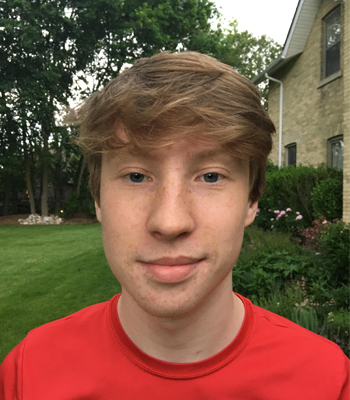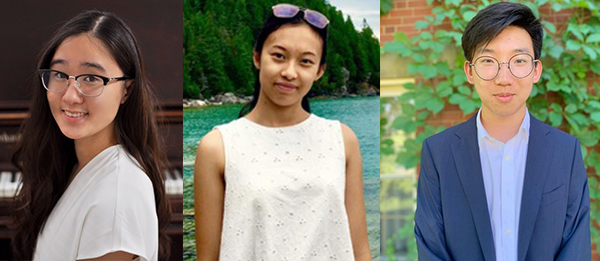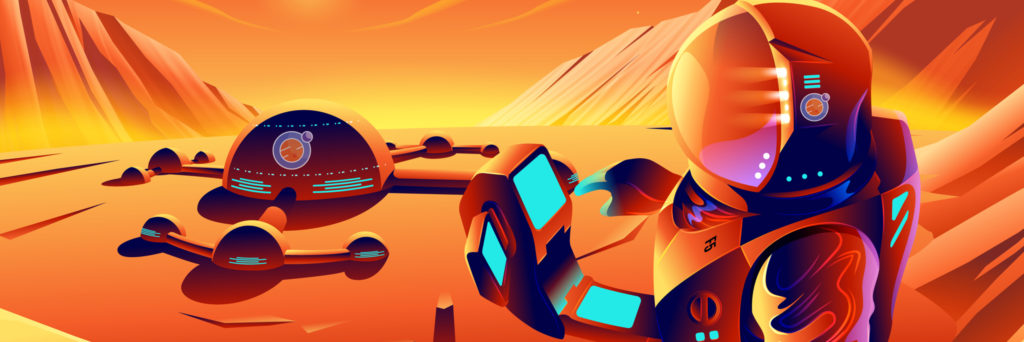Callysto’s first online student hackathon, held in April 2020, was so well received that we decided to hold another! Our second online hackathon, Colonizing Mars, ran June 3-5, 2020.
Hackathon participants, made up of Grades 9-12 students from across Canada, were challenged with the following mission:
Earth is facing an impending disaster. You’re a data scientist on a nation-wide team trying to determine if Mars should be humanity’s next home. Your mission is to find and analyze datasets to figure out if or how humanity should colonize the red planet.
Callysto hackathons are designed to challenge students to solve data-based challenges using coding and data analysis. The goal of these events, and the Callysto project in general, is to help students and teachers across Canada learn in-demand data science skills – which includes the ability to visualize, interpret, and analyze data.
Colonizing Mars: challenge themes
Over 40 students participated in the Mars hackathon. They were given a choice of challenges to solve using a Callysto online notebook:
- Should we colonize Mars?
- How could we colonize Mars?
The students' solutions were judged based on several categories including “best use of open data” and “'best functioning notebook.”
Meet some of our winners
Ryan Eggens - Best overall notebook

Challenge theme: Should we colonize Mars?
Ryan’s question: Can Earth continue to support humanity?
Ryan’s answer: Ryan concluded that humanity should colonize Mars. He looked at whether or not Earth could continue to support humanity by analyzing data about population growth, surface temperature, the frequency of natural disasters, freshwater resources, and arable land per person. He found negative trends in the data and concluded that, if these trends continued, humanity should consider colonizing Mars.
Why Ryan won “best overall notebook”: Ryan used multiple data sources to back his conclusion and also displayed correct Python coding, clear communication to support his conclusion, and creativity in how he displayed his findings. His question also showed innovative thinking.
Why did you choose to participate in the Callysto hackathon?
“I chose to participate in the Callysto Hackathon because I thought it would be a unique and fun opportunity. I had never participated in a hackathon before, so I thought it would be a chance to see what they were like. Would I do it again? Definitely.”
What did you enjoy most about the event?
“I enjoyed how open-ended the hackathon was. Usually in school, you’re given a few choices, then you have to pick an option and pursue that line of thinking. The hackathon allowed me the freedom to follow a path of my interests and develop the information and code to how I thought it related back to the initial question being asked.”
What was the main thing you learned?
“How much open-source data is available on the internet. I was able to learn how to code with Python, which I had not been exposed to with the computer courses I have taken at school.”
June Kim, Grace Zhu, and Allan Yin - Best team notebook

Pictured above from left to right: June Kim, Grace Zhu, and Allan Yin.
Challenge theme: Should we colonize Mars?
The group’s question: Do rising temperatures indicate the Earth is becoming less habitable?
The group’s answer: The team concluded humanity should colonize Mars. They analyzed datasets about global temperatures and energy consumption. Based on the upward trends shown from both datasets, they concluded this could make Earth less sustainable and habitable.
Why they won “best team notebook”: They used multiple datasets to support their answer, their notebook functioned well (meaning their coding was correct), and they showed creativity and innovation with how they answered their question.
Why did you all decide to participate in the Callysto hackathon?
“We found the Callysto hackathon on Eventbrite and were immediately interested in the data science and creativity aspect, which was different from many other competitions. As three high school students who are passionate about coding and are constantly looking for new experiences to develop our programming skills, the Callysto hackathon seemed like the perfect opportunity, especially during this difficult time of COVID-19.”
What did you all enjoy most about the event?
“The Callysto hackathon was unique as it was the first data science hackathon we had ever participated in. As a group, we enjoyed the challenge of a new hackathon format. We were all new to data science, and although the process was tiring, it was a great experience and we enjoyed every second of it.”
What was one main thing each of you learned from the hackathon?
Grace Zhu: “This hackathon introduced me to different data frame structures, in particular, pandas and cufflinks. From school, I already knew how to program in Python, but it was really nice to be able to use data frames to practically apply my programming skills to analyze real-world data.”
June Kim: “I learned how to manipulate data and tables using code to create graphs and visual representations. Through this experience, I have gained interest in a career in data science.”
Allan Yin: “I often find myself working alone. During this hackathon, I witnessed first-hand the power of teamwork. I learned that having teammates is really enjoyable and efficient. Also, I learned a lot about data frame structures as well as efficient ways to sort and analyze data.”
Callysto virtual hackathons for your students
If you’re a Grades 5-12 teacher in Canada and are interested in having your students participate in a virtual hackathon, email contact@callysto.ca.

